When sourcing drivetrain components for heavy-duty trucks, one of the most common dilemmas faced by procurement professionals and maintenance teams is whether to choose OEM or aftermarket parts. This decision becomes particularly relevant with precision components like the Universal Joint with Slotted Bearings, where durability, fit, and long-term reliability directly influence vehicle performance and maintenance costs. Understanding the trade-offs between OEM and aftermarket options helps buyers make informed choices tailored to their operational priorities.
OEM (Original Equipment Manufacturer) universal joints are produced by the same manufacturers that supply parts for the vehicle’s initial assembly. These components are typically designed to meet strict tolerances, often in coordination with the vehicle maker. In the case of slotted bearing types, OEMs ensure that the groove dimensions and bolt alignment perfectly match the driveshaft and yoke assembly. This guarantees a secure fit, which is essential in high-torque conditions frequently encountered in Japanese commercial trucks. For operations where warranty compliance and standardization are critical, OEM parts offer predictability and peace of mind.
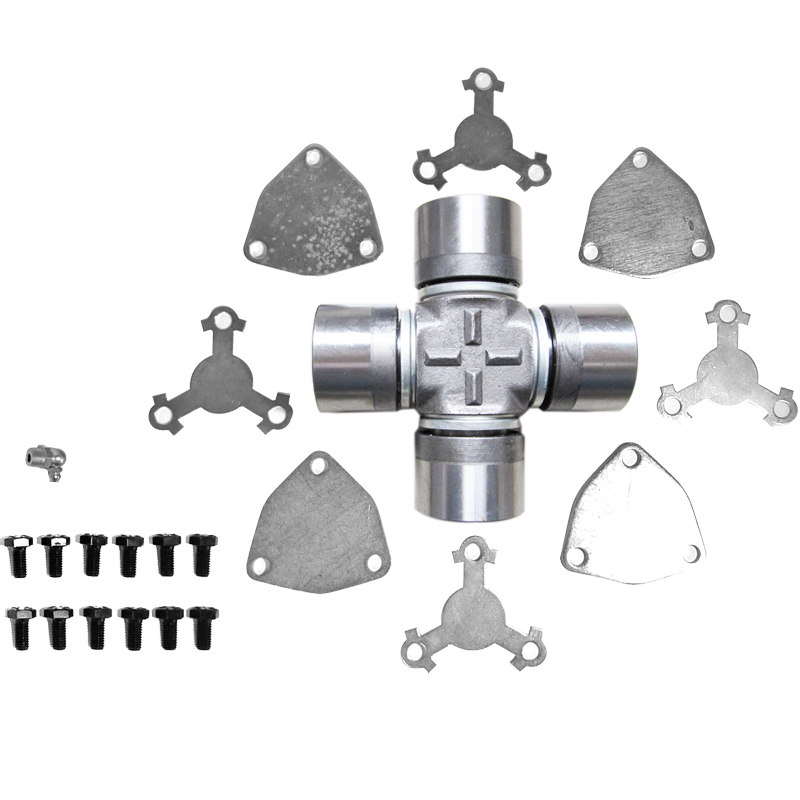
On the other hand, the aftermarket landscape for the Universal Joint with Slotted Bearings has evolved significantly in recent years. Advanced manufacturing techniques, coupled with precise quality control, have enabled reputable aftermarket suppliers to match—and sometimes even exceed—the performance of OEM parts. For businesses managing diverse fleets or operating in cost-sensitive environments, a well-made aftermarket slotted bearing U-joint can deliver excellent value, especially when sourced from experienced manufacturers with a strong export track record.
That said, aftermarket quality can vary widely. Buyers should pay close attention to key specs such as hardness of the bearing cups, groove machining accuracy, and bolt thread conformity. Inadequate tolerances or subpar materials can lead to premature wear, misalignment, or even joint failure. That’s why partnering with a manufacturer who understands the technical demands of slotted bearing U-joints—and who tests to meet or exceed international standards—is essential. We’ve supported numerous clients in identifying the right balance between price and performance, especially for fleets operating in rugged or high-mileage conditions.
Another consideration is part availability and lead time. OEM parts may sometimes be restricted by regional distribution channels or limited production runs, which can delay maintenance schedules. In contrast, established aftermarket manufacturers often maintain robust inventories and flexible production capabilities, making it easier for B2B buyers to meet urgent demand without compromising on quality. This logistical advantage can be a deciding factor for export buyers or service centers managing high vehicle turnover.
Cost dynamics also differ. OEM parts often come at a premium due to branding and exclusive agreements. However, aftermarket products—especially when purchased in bulk or under long-term contracts—can offer more competitive pricing structures. For many B2B buyers, the key is to ensure that savings don’t come at the expense of functional integrity. A well-produced slotted bearing joint should not only match the OEM dimensions but also withstand the same mechanical stresses over time.
Ultimately, the decision between OEM and aftermarket versions of the Universal Joint with Slotted Bearings depends on the specific needs of your fleet or customer base. Whether you prioritize OEM consistency or aftermarket flexibility, the critical factor is sourcing from a partner who combines manufacturing precision with industry insight. With years of experience supplying both sectors, we’re ready to help you choose components that align with your technical and commercial goals.

 English
English Español
Español 中文简体
中文简体


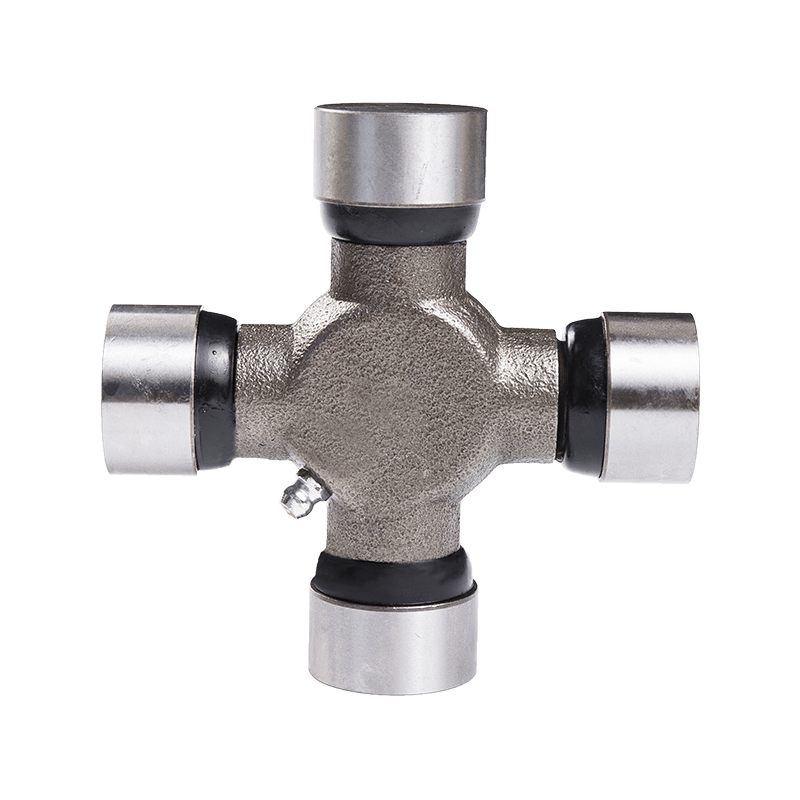
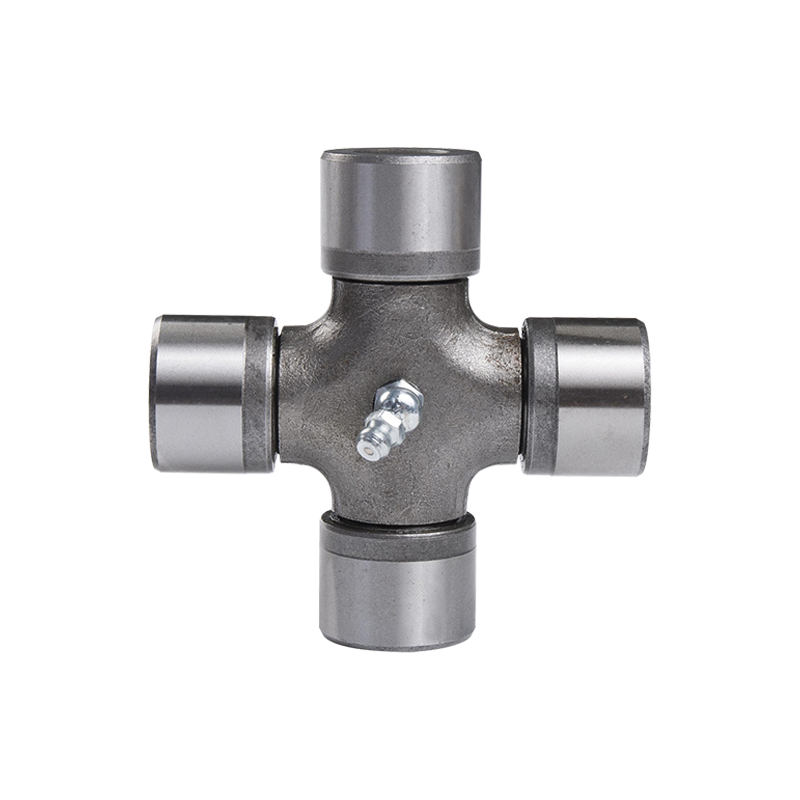
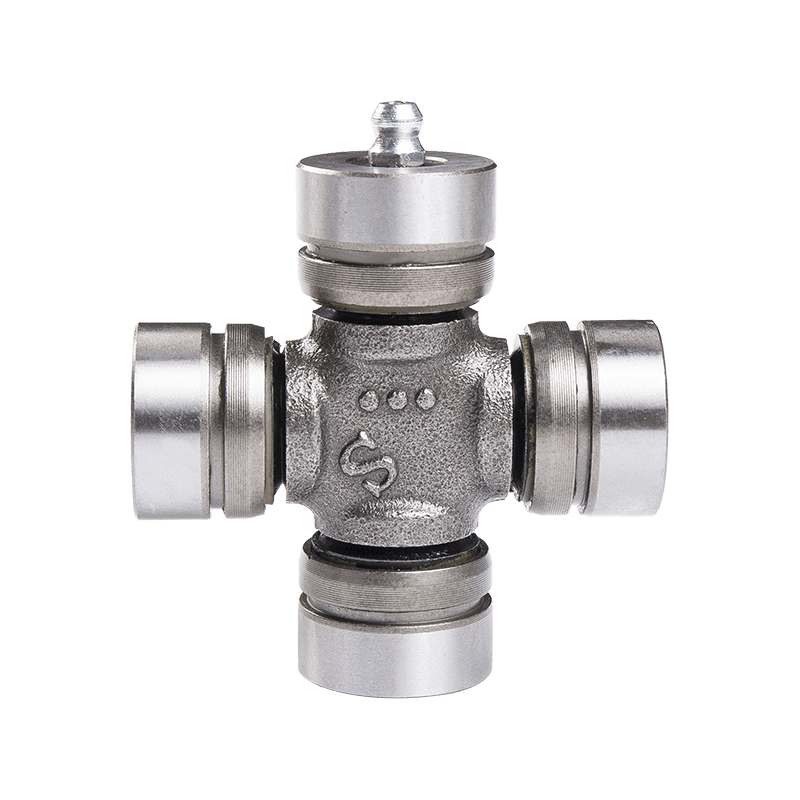
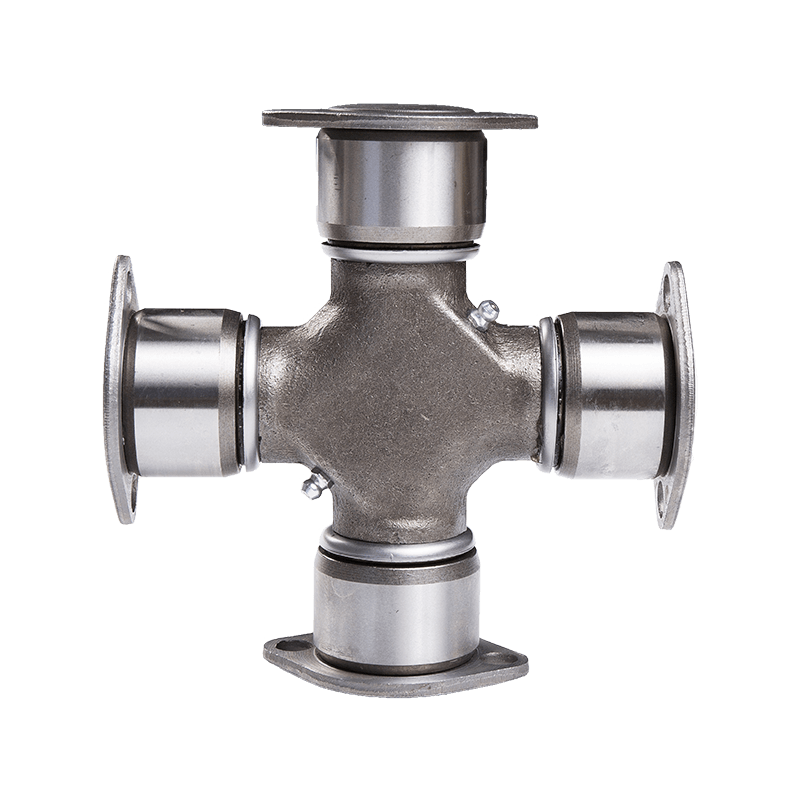
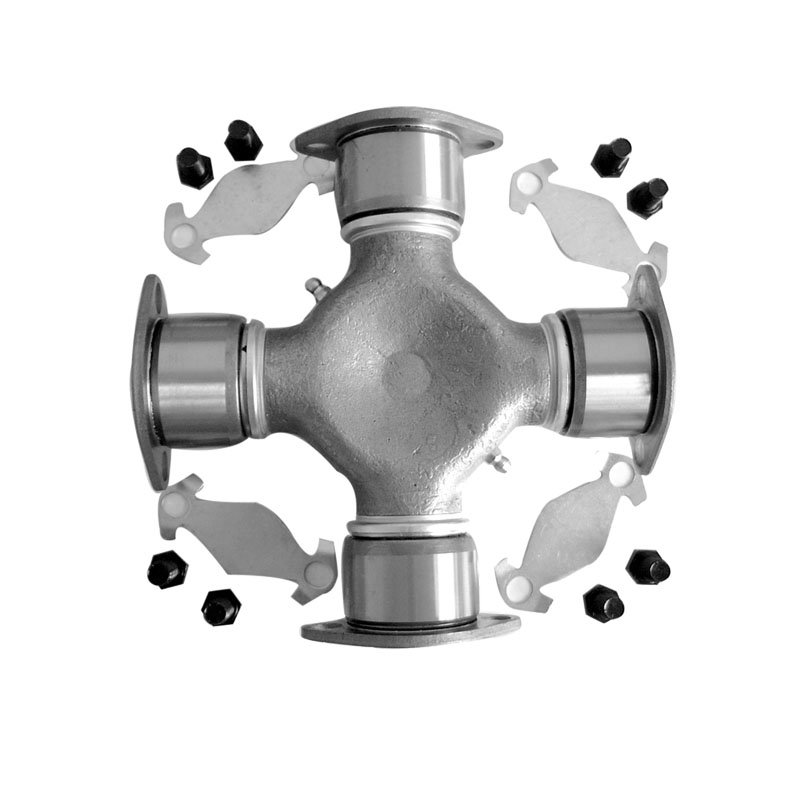
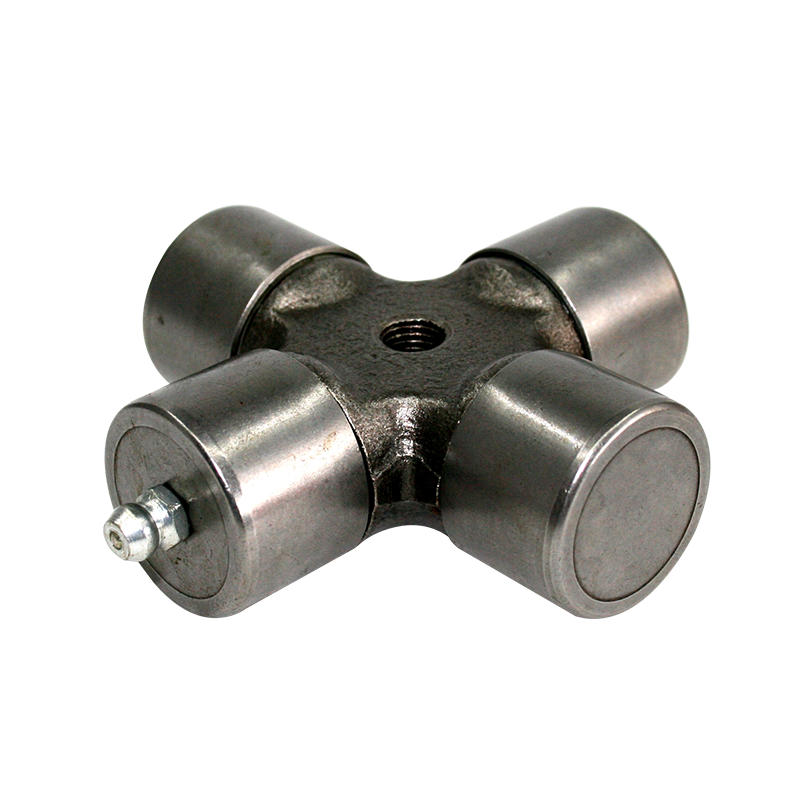
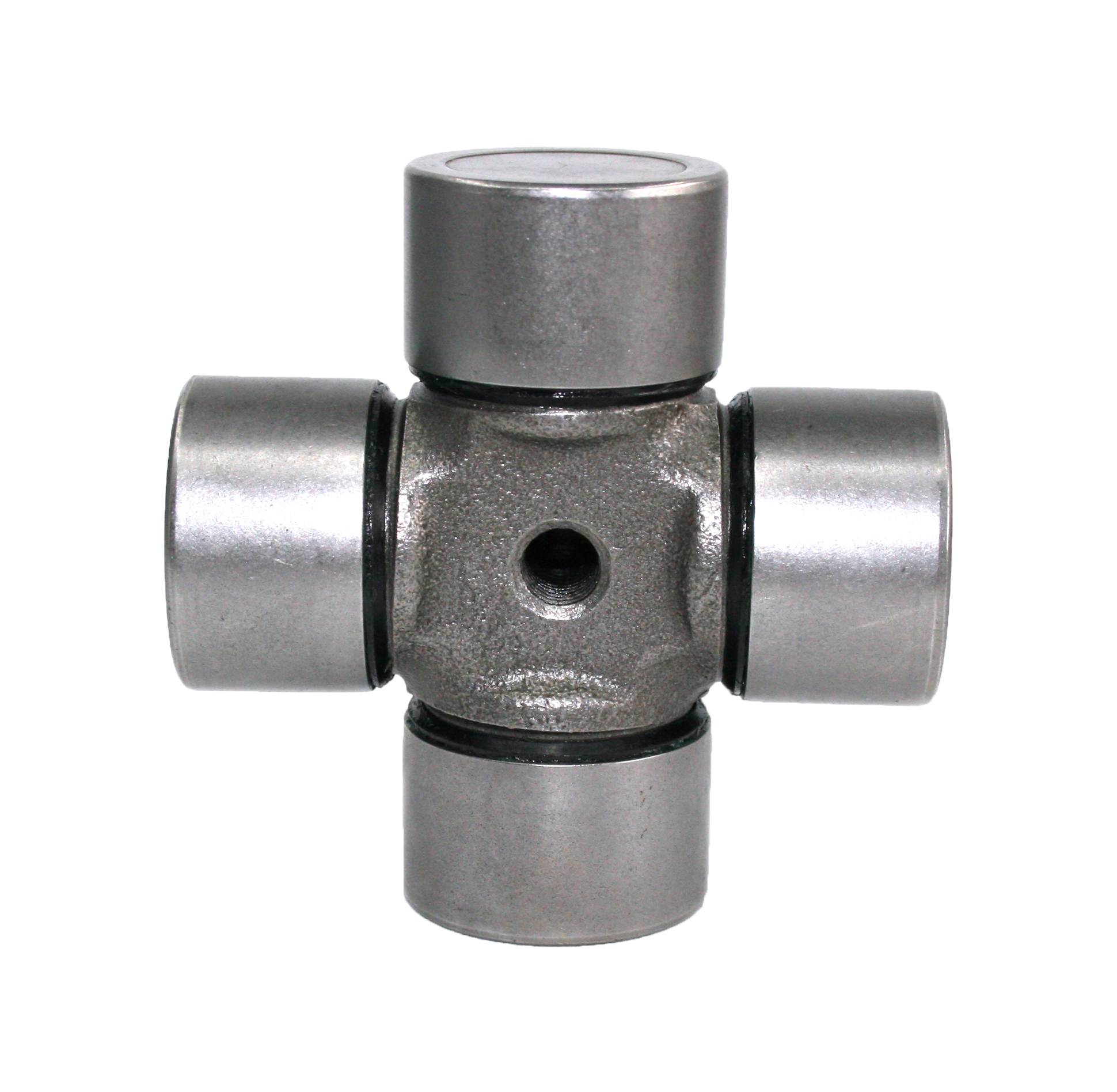
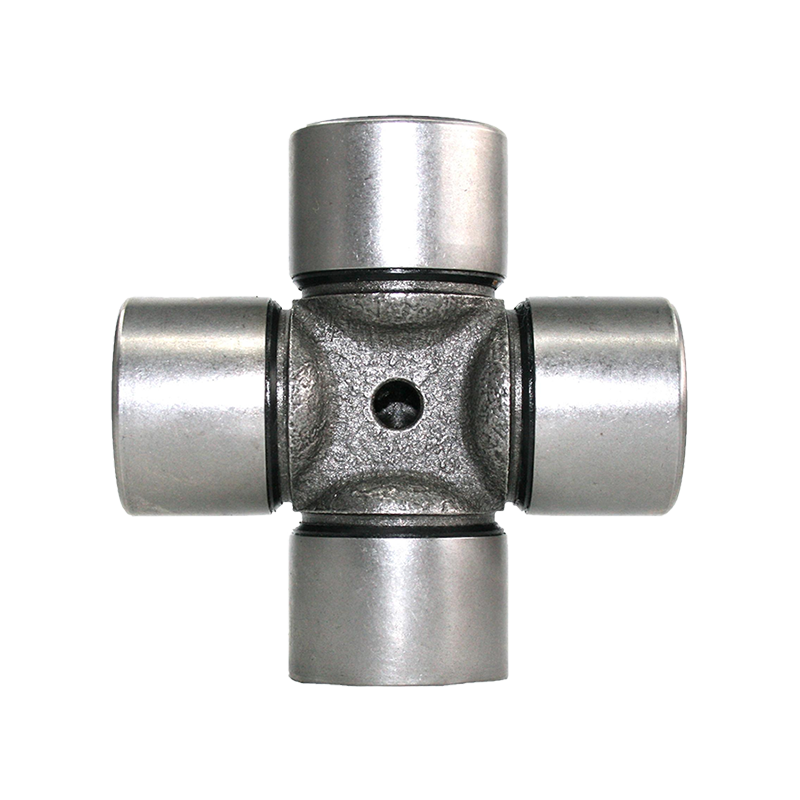
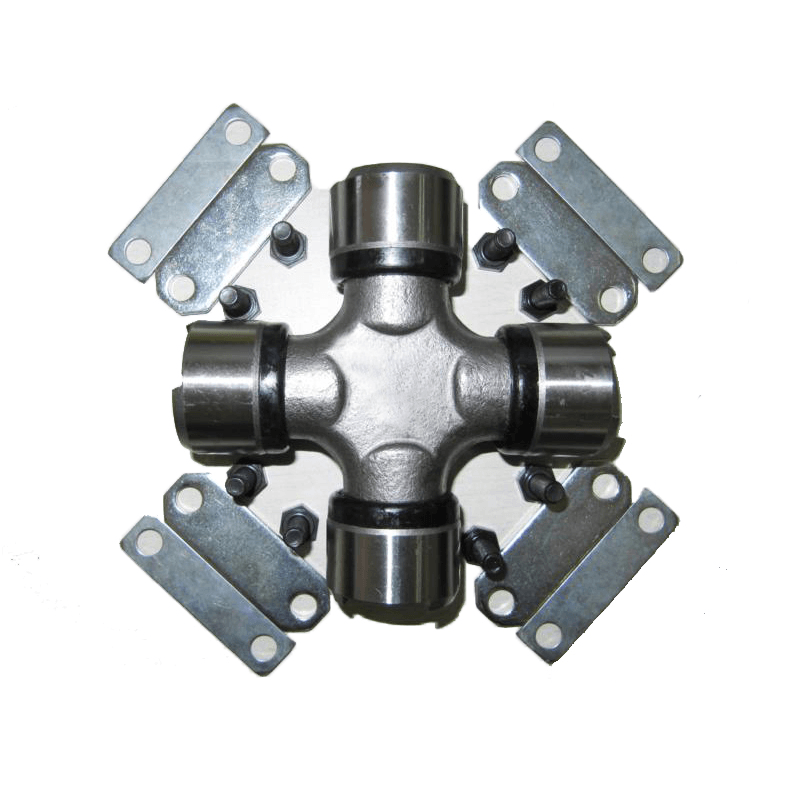

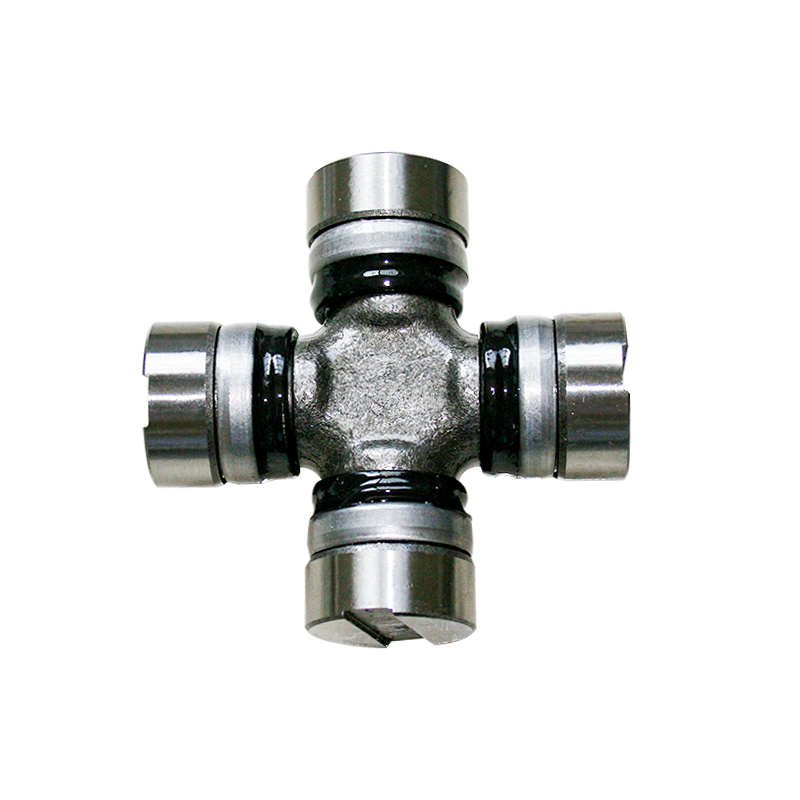

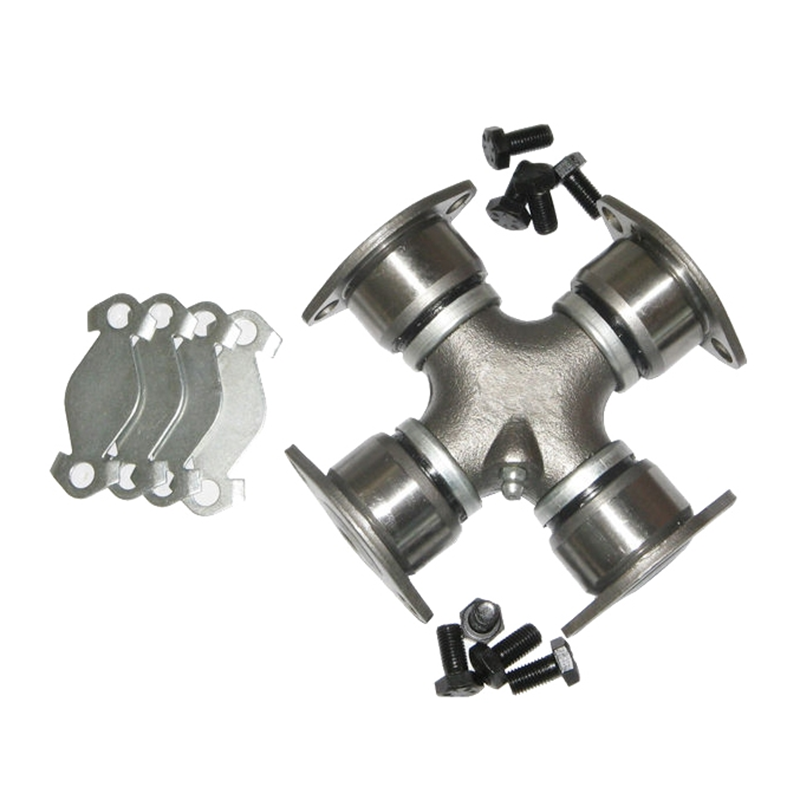


Contact Us